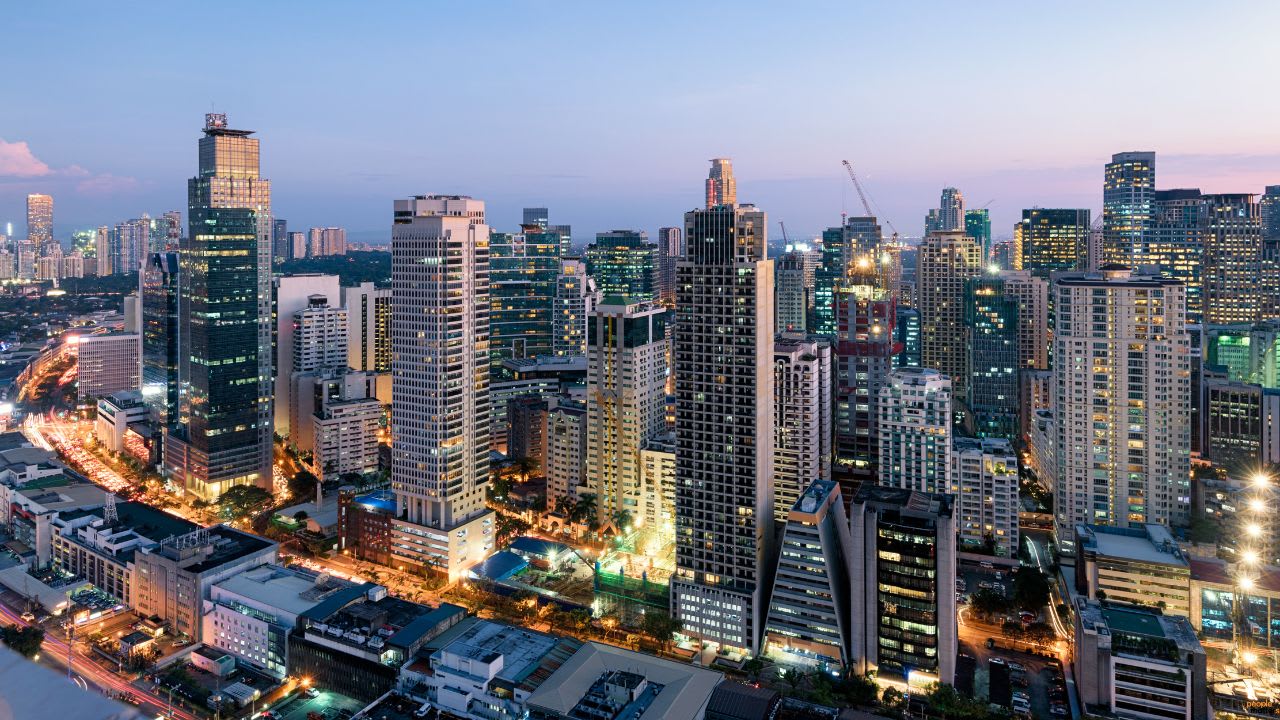Philippines streamlines work permit approval for foreign nationals

MANILA – People from other countries seeking employment in the Philippines need not wait too long for their work permit to be approved.
The Philippines’ Department of Labour and Employment (DOLE) this week updated the rules on the issuance of work permits to foreign nationals. The change aims to simplify the labour market test process and requires a notice of the application to be published only once in a newspaper of general circulation, the agency said.
More reasonable requirements
This means, foreign nationals who need to secure the so-called alien employment permit (AEP) can now expect more reasonable processing fees and waiting periods.
The changes are designed to cut down on nonessential documents or procedures and to harmonise standards for international talent coming into the Philippines.
DOLE supports the arrival of high-calibre talent from diverse countries and the influx of the right type of investments as a result. The updated guidelines follow the government’s call for ‘ease of doing business’ and attracting foreign direct investment, as mandated in Executive Order 18 in 2023.
“Employers in priority investment sectors will benefit from these reforms through expedited processes, reinforcing the Philippines’ position as a competitive and investor-friendly destination in the region,” DOLE Secretary Bienvenido Laguesma said, as quoted in the Philippine News Agency.
“The guidelines aim to adopt unified and simplified requirements and procedures that will reduce red tape and expedite transactions with the government. This is to ensure that foreign workers contribute to priority sectors, align with national development goals, and respect the rights of Filipino workers,” he said.
Also Read: Philippine government workers to receive second salary increase
Protecting local talent, balancing interests
DOLE, however, is also working to protect local talent by providing them with equal opportunities and facilitating better knowledge and skills transfer between foreign and local talent, Laguesma said.
One example from this update is the introduction of the Understudy Training Programme (UTP), which enables foreign talent and their local counterparts to collaborate on projects or tasks, thus promoting an exchange of ideas and expertise. Another initiative is the Skills Development Programme (SDP) for employers who wish to onboard foreign nationals.
The premise of these programmes centres on giving Filipino workers the opportunity to learn from their international peers and sharpen their skills sufficiently to allow them to assume the roles of their foreign counterparts later on.
DOLE believes this creates a sustainable system for sourcing, developing and elevating local talent and eventually limits Philippine employers’ dependence on foreign nationals.
Also Read: Singaporeans want higher pay in 2025
Measuring the demand for foreign workers
Much like other countries that measure the demand for foreign talent against the availability of qualified local talent, the Philippines relies on an economic needs test to determine the necessity of hiring from abroad. This data is useful especially when there is a dearth of local talent in a specific field.
The results of the economic needs test factor into the approval or rejection of a foreign worker’s permit.
“This measure aims to safeguard local employment opportunities and will undergo public consultations in the coming months to ensure inclusivity and relevance,” Laguesma said.
The new rules on work permits for foreign nationals are also posted on the government-led job listings portal, PhilJobNet.


